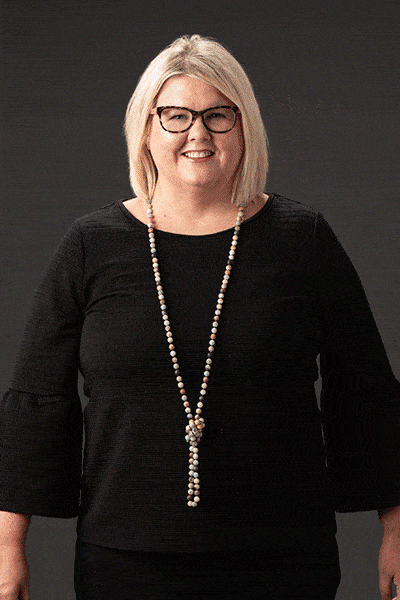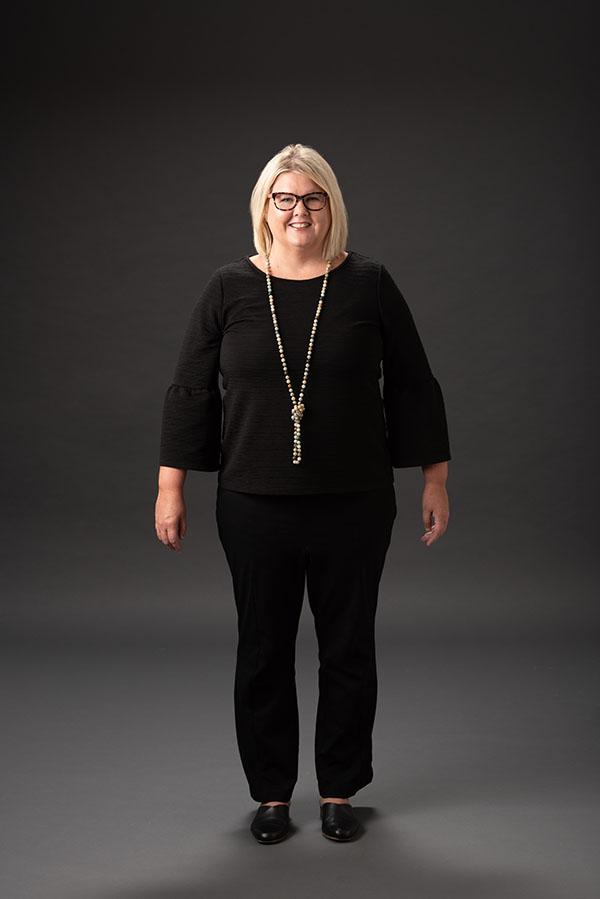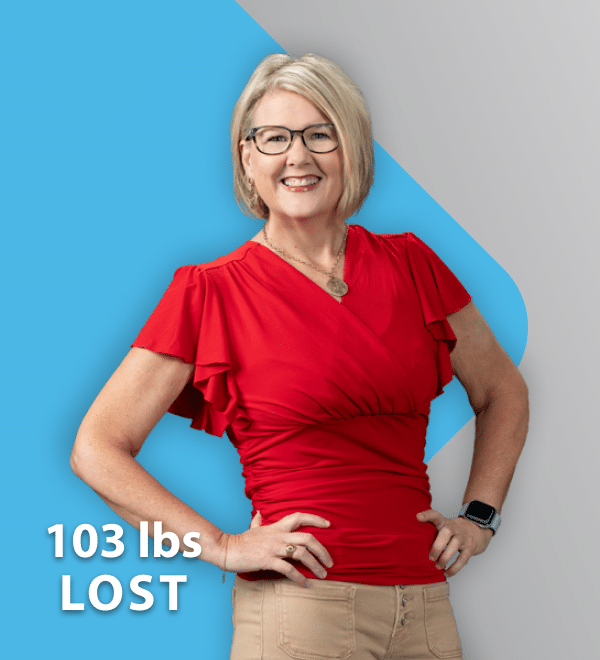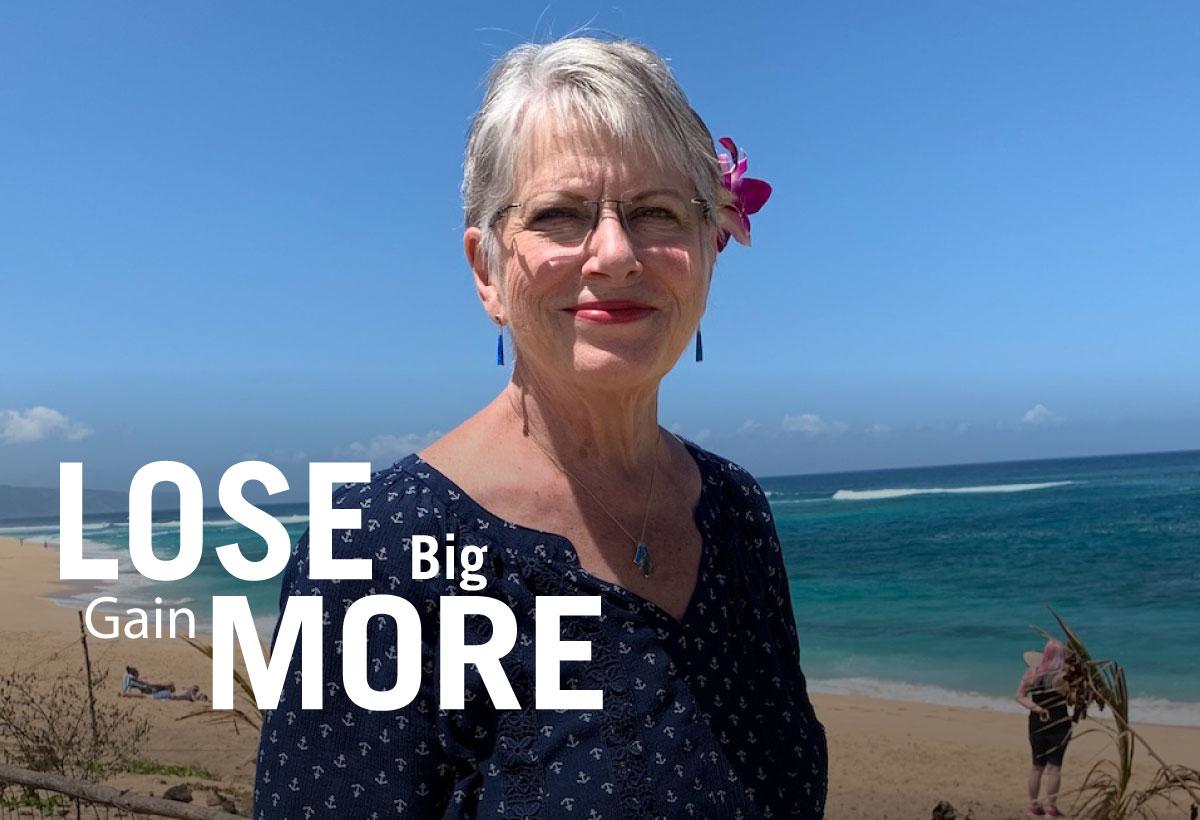 “I had done EVERY diet I could find; I mean every diet. I did Weight Watchers, Nutri-System, the Richard Simmons diet; I had even had liposuction and gotten a tummy tuck. And none of it had any lasting effect,” said Stephanie, who prior to surgery weighed 215 pounds and has since lost more than 60 pounds. “I had also dealt with some health issues due to my weight, including depression.”
“I had done EVERY diet I could find; I mean every diet. I did Weight Watchers, Nutri-System, the Richard Simmons diet; I had even had liposuction and gotten a tummy tuck. And none of it had any lasting effect,” said Stephanie, who prior to surgery weighed 215 pounds and has since lost more than 60 pounds. “I had also dealt with some health issues due to my weight, including depression.”
Surgical weight loss – known as bariatric surgery – is performed to help patients overcome morbid obesity, a potentially life-threatening disease. Patients who suffer from this condition are at a higher risk of developing more serious health concerns, including pulmonary disease, cancer and stroke, and this aggressive approach to weight loss can help the patient to avoid these outcomes or reverse the trends that are leading toward these outcomes.
As effective as weight loss surgeries may be, true success is obtained when the patient determines to follow through on post-surgery procedures and makes a commitment to real life change. Thus why Dr. Richard says that bariatric surgery is no shortcut to health. That’s also why the Center for Weight Management does its best to ensure ultimate success by screening patients for both psychological and physical traits, while also providing the most supportive atmosphere possible to ensure lifelong health.
Make no mistake, Stephanie’s mental approach to a bariatric procedure was and remains a crucial factor in her weight loss.
Dr. Richard performed a minimally invasive laparoscopic procedure known as a Roux-en-Y Gastric Bypass (RNY) on Stephanie in October 2020 at Northeast Georgia Medical Center. During this surgery, Dr. Richard surgically divided a golf ball-sized part of her stomach before removing the remainder. Stephanie’s now-smaller stomach severely restricts the amount of food she can eat, which makes her feel full much sooner than with her previous, regular-sized stomach. The procedure also changed her gut hormones, which also help her to feel full for longer.
This type of approach requires the patient to stay on top of their diet, however, as going off a very strict plan may make the patient feel ill. A steady supply of supplements are also necessary, as the stomach is not digesting large amounts of food with which to supply the body with all of the necessary nutrients.
“Protein is my number one thing now, getting the right protein and making sure it’s something you enjoy. And you eat so very little, it’s an easy habit to maintain. Supplements are also not a problem; I know what I have to do, and I make sure I get it done,” Stephanie said. “I haven’t had any real issues. Frankly, it’s been pretty easy for me, and I think a lot of that is because my mindset was, ‘I’m going to do this.’ I was 150 percent in from the beginning. This is my life, and I’m going to make the most of it.”


 “I had done EVERY diet I could find; I mean every diet. I did Weight Watchers, Nutri-System, the Richard Simmons diet; I had even had liposuction and gotten a tummy tuck. And none of it had any lasting effect,” said Stephanie, who prior to surgery weighed 215 pounds and has since lost more than 60 pounds. “I had also dealt with some health issues due to my weight, including depression.”
“I had done EVERY diet I could find; I mean every diet. I did Weight Watchers, Nutri-System, the Richard Simmons diet; I had even had liposuction and gotten a tummy tuck. And none of it had any lasting effect,” said Stephanie, who prior to surgery weighed 215 pounds and has since lost more than 60 pounds. “I had also dealt with some health issues due to my weight, including depression.”
